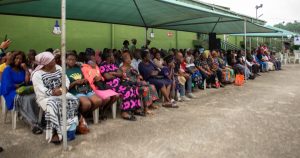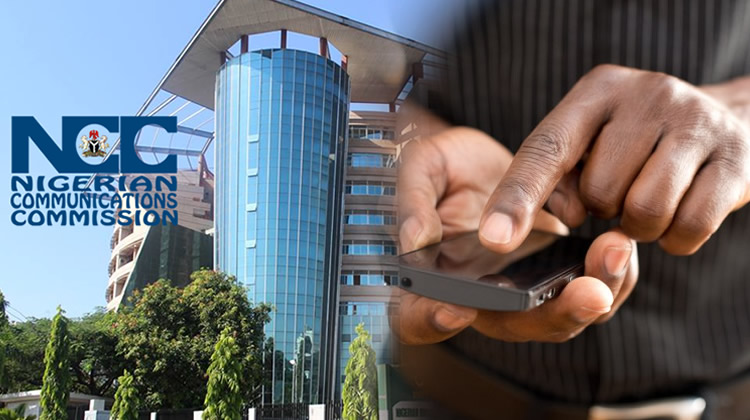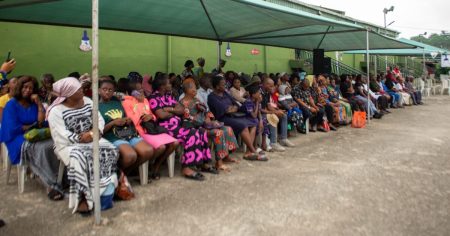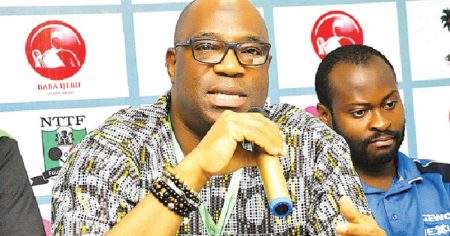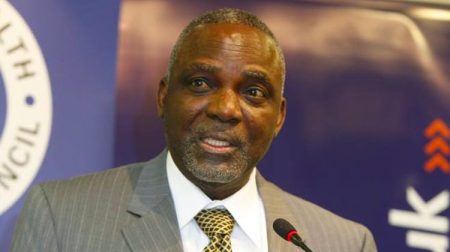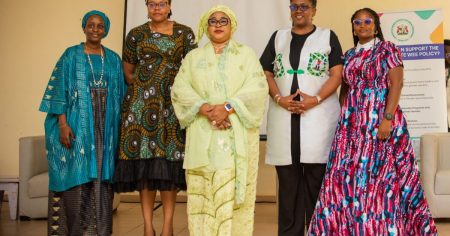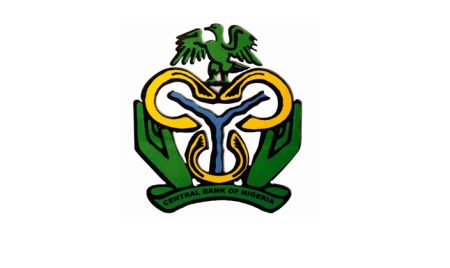The Nigerian Communications Commission (NCC) and the Rural Electrification Agency (REA) have jointly inaugurated a committee tasked with fostering collaborative efforts to advance digital and energy inclusion across Nigeria. This strategic partnership aims to leverage the synergy between reliable power supply and robust digital connectivity to drive socio-economic development and enhance the quality of life, particularly in underserved and unserved communities. The committee, a cornerstone of this initiative, will develop a comprehensive framework for shared infrastructure development, focusing on streamlining regulatory processes, promoting investment, and ensuring efficient resource allocation to achieve their shared objectives.
The establishment of the joint committee underlines the importance of integrated planning and implementation in bridging the digital and energy divides that hinder national progress. The lack of reliable electricity access significantly impedes the deployment and operation of digital infrastructure, particularly in rural areas, while limited digital connectivity restricts access to information, education, healthcare, and economic opportunities. By aligning their respective mandates and resources, the NCC and REA intend to break this vicious cycle, creating an enabling environment for the expansion of both power grids and communication networks, thereby fostering inclusive growth and sustainable development. The committee will explore avenues for co-locating infrastructure, sharing resources, and leveraging existing assets to optimize deployment costs and minimize environmental impact.
The committee’s focus areas encompass several key aspects crucial for realizing the vision of digital and energy inclusion. These include developing a regulatory framework that encourages private sector participation in deploying shared infrastructure, establishing clear processes for obtaining permits and approvals, and promoting standardized technical specifications for equipment and installations. The committee will also address the issue of affordability and accessibility, working to ensure that digital services and energy solutions are within reach of all Nigerians, regardless of their location or socio-economic status. Building capacity and promoting local content are further priorities, fostering a sustainable ecosystem for the long-term growth of the digital and energy sectors.
The joint initiative between the NCC and REA represents a significant step towards realizing the Nigerian government’s vision of a digitally transformed nation powered by reliable and affordable energy. By bringing together key stakeholders from the public and private sectors, the committee aims to leverage the transformative power of technology and energy access to improve the lives of citizens, empower businesses, and enhance national competitiveness. The shared infrastructure model promoted by the initiative will not only facilitate the rapid deployment of crucial services but also optimize resource allocation, reduce duplication of efforts, and create a more efficient and sustainable ecosystem.
Specific strategies the committee will explore include promoting the deployment of renewable energy solutions to power telecommunications infrastructure, especially in off-grid areas. This will not only ensure reliable power supply but also reduce reliance on fossil fuels and promote environmentally sustainable development. The committee will also explore models for community ownership and management of shared infrastructure, empowering local communities and ensuring long-term sustainability. Furthermore, the committee will develop mechanisms for data sharing and collaboration between the NCC and REA to facilitate informed decision-making and efficient resource allocation.
The success of this initiative holds immense potential for transforming Nigeria’s socio-economic landscape. By bridging the digital and energy divides, the collaborative efforts of the NCC and REA can unlock new opportunities for economic growth, job creation, and improved quality of life for millions of Nigerians. Access to reliable electricity is a fundamental prerequisite for economic activity, empowering businesses to operate efficiently, create jobs, and contribute to national development. Simultaneously, expanded digital connectivity empowers citizens with access to information, education, healthcare, and financial services, enhancing their socio-economic participation and fostering inclusive growth. The joint committee’s work is therefore not merely about infrastructure development but about empowering individuals, communities, and the nation as a whole to reach their full potential in the digital age.


